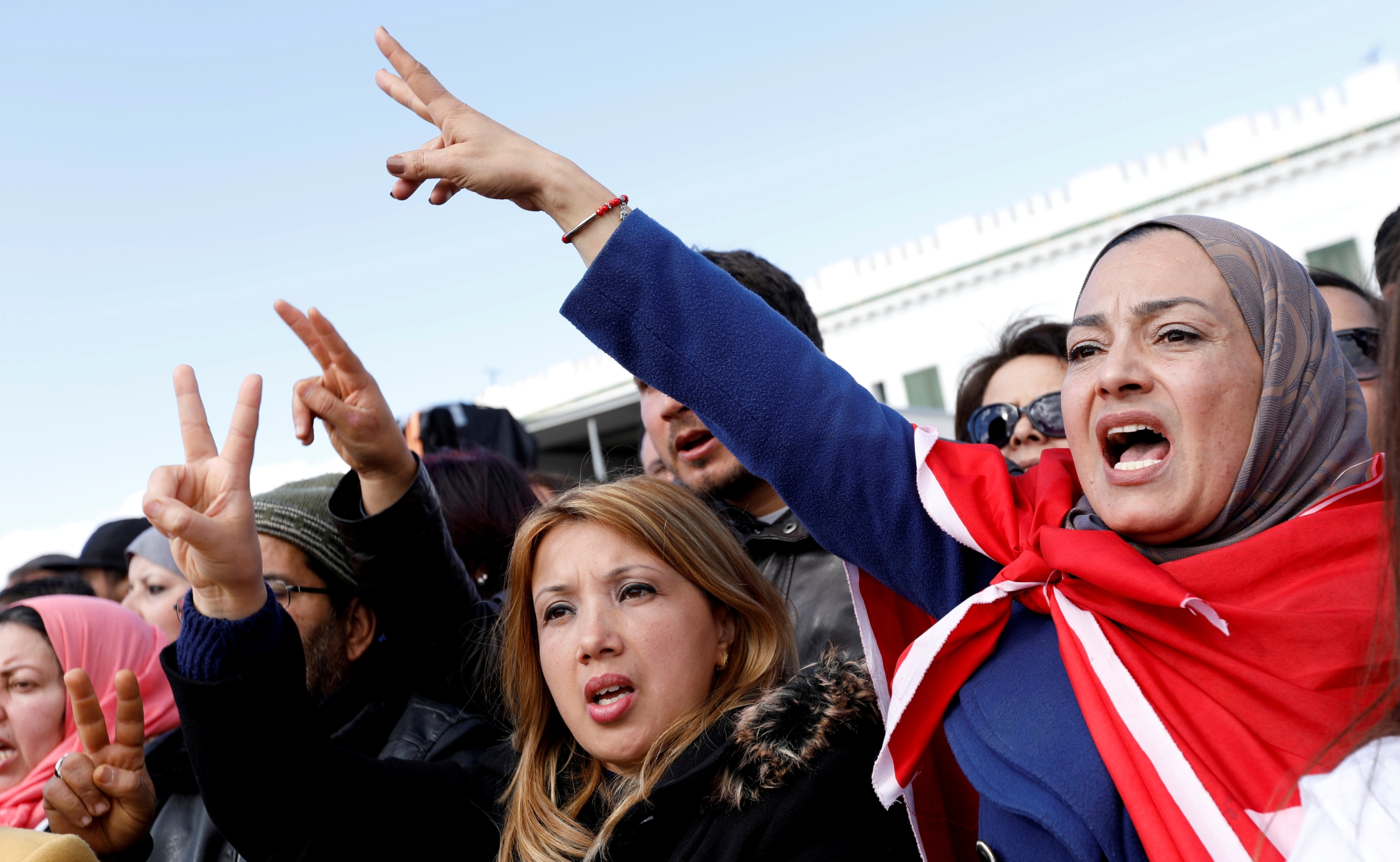Tunisian government agrees to hike wages of 670,000 public employees

The Tunisian government and a powerful trade union have reportedly reached an agreement that will raise the wages of hundreds of thousands of public employees, ending months of tension.
According to three sources that spoke to the Reuters news agency, the wages of 670,000 employees will be hiked, in contravention of advice from the International Monetary Fund (IMF).
In an attempt to help reduce Tunisia’s budget deficit, the IMF has pressured the government into freezing public sector wages.
Since the revolution that toppled longtime autocrat Zine el-Abedine Ben Ali in 2011, the bill for public sector wages has risen to around 16bn dinars ($5.5bn) in 2018 from 7.6bn.
During that time, however, inflation has skyrocketed and living standards have decreased in turn.
Stay informed with MEE's newsletters
Sign up to get the latest alerts, insights and analysis, starting with Turkey Unpacked
This has led the UGTT union, which is the largest in the country, to demand that public sector wages are raised to help alleviate employees’ financial struggles.
Last month, the union staged a massive nationwide strike, shuttering schools, hospitals, governmental departments, transport systems and official media.
Hundreds of thousands of Tunisians took part, with the UGTT vowing further action in the future.
“The strike was successful, in terms of the number of people who joined and the turnout of protesters at the UGTT’s headquarters, which is unprecedented historically,” Nizar Ben Saleh, the UGTT’s head of research, told Middle East Eye at the time.
On Wednesday, thousands of teachers congregated outside Prime Minister Youssef Chahed’s office calling for better pay and working conditions.
Following the new agreement further industrial action is unlikely to be called by the UGTT. An official announcement is expected later Thursday, Reuters reported.
The details of the deal have not been revealed to the news agency.
Tunisia struck a $2.8 billion loan agreement with the IMF in December 2016.
With the loan terms in mind, the Tunisian government has sought to cut public sector wages to 12.5 percent of GDP in 2020 from about 15.5 percent currently.
Middle East Eye delivers independent and unrivalled coverage and analysis of the Middle East, North Africa and beyond. To learn more about republishing this content and the associated fees, please fill out this form. More about MEE can be found here.




